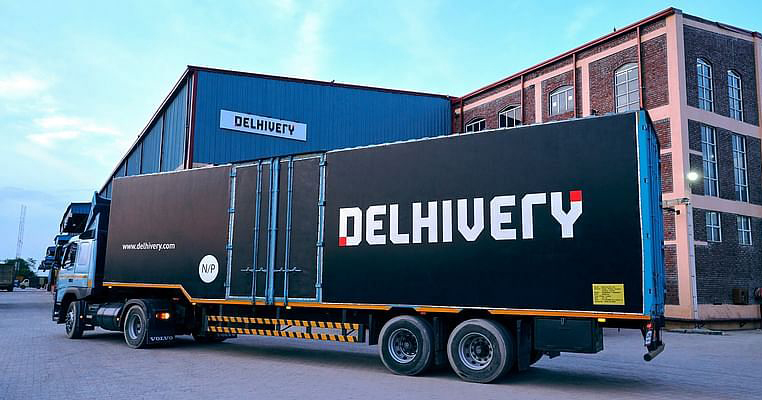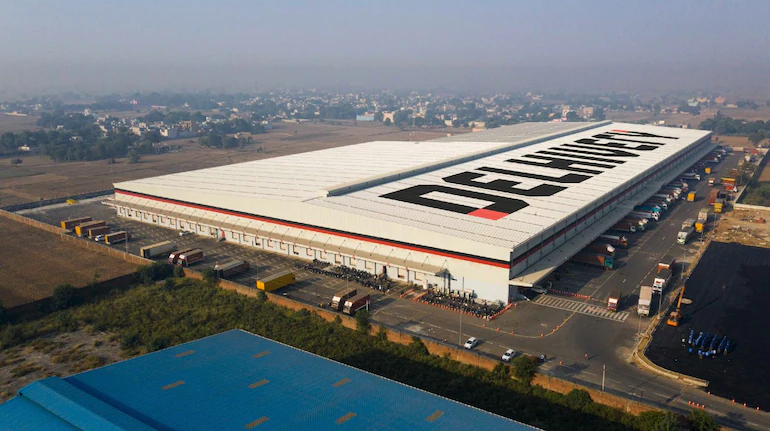IPO-bound logistics service Delhivery has announced its investment in Falcon Autotech, a logistics automation solutions provider. This is in line with Delhivery’s stated objective of sustained investments in future-ready hardware solutions in its operations The amount invested is undisclosed by both the firms. With this partnership, Delhivery expects to work closely with Falcon Autotech to design and implement new automation solutions for transportation and warehousing operations The partnership will also enable the bundling of the hardware automated solutions along with Delhivery’s SaaS platform, one of the proposed growth verticals for Delhivery in the national and international market.

Delhivery (including Spoton) already operates 20 automated sortation centres, 124 gateways, and 83 fulfillment centres across India as of June 30, 2021.
Commenting on the investment, Ajith Pai, Chief Operating Officer, Delhivery, said, “The collaboration with Falcon Autotech strengthens our ability to drive greater speed, precision, and efficiency across our business lines Naman Jain, Chief Executive Officer, Falcon Autotech, added, “We are delighted to welcome Delhivery as a partner to Falcon. This investment is a testimony to Falcon’s commitment to our customers, our design, technology, and delivery capabilities, and the product roadmap ahea A month ago in December, Delhivery had acquired Transition Robotics Inc, a California-based company focused on developing unmanned aerial system platforms. The deal would help strengthen its capabilities in a wide range of applications, including aerial photography, remote sensing, inspection and surveys.

Delhivery on November 2 filed its documents with the market regulator, seeking to raise a billion dollars in an initial public offering.Delhivery IPO will consist of primary issuance of Rs 5,000 crores which the end-to-end supply chain unicorn will raise via public issue. The offer for sale by the existing investors will be to the tune of Rs 2,460 crores. It will mark a lucrative exit for many of its investors.




